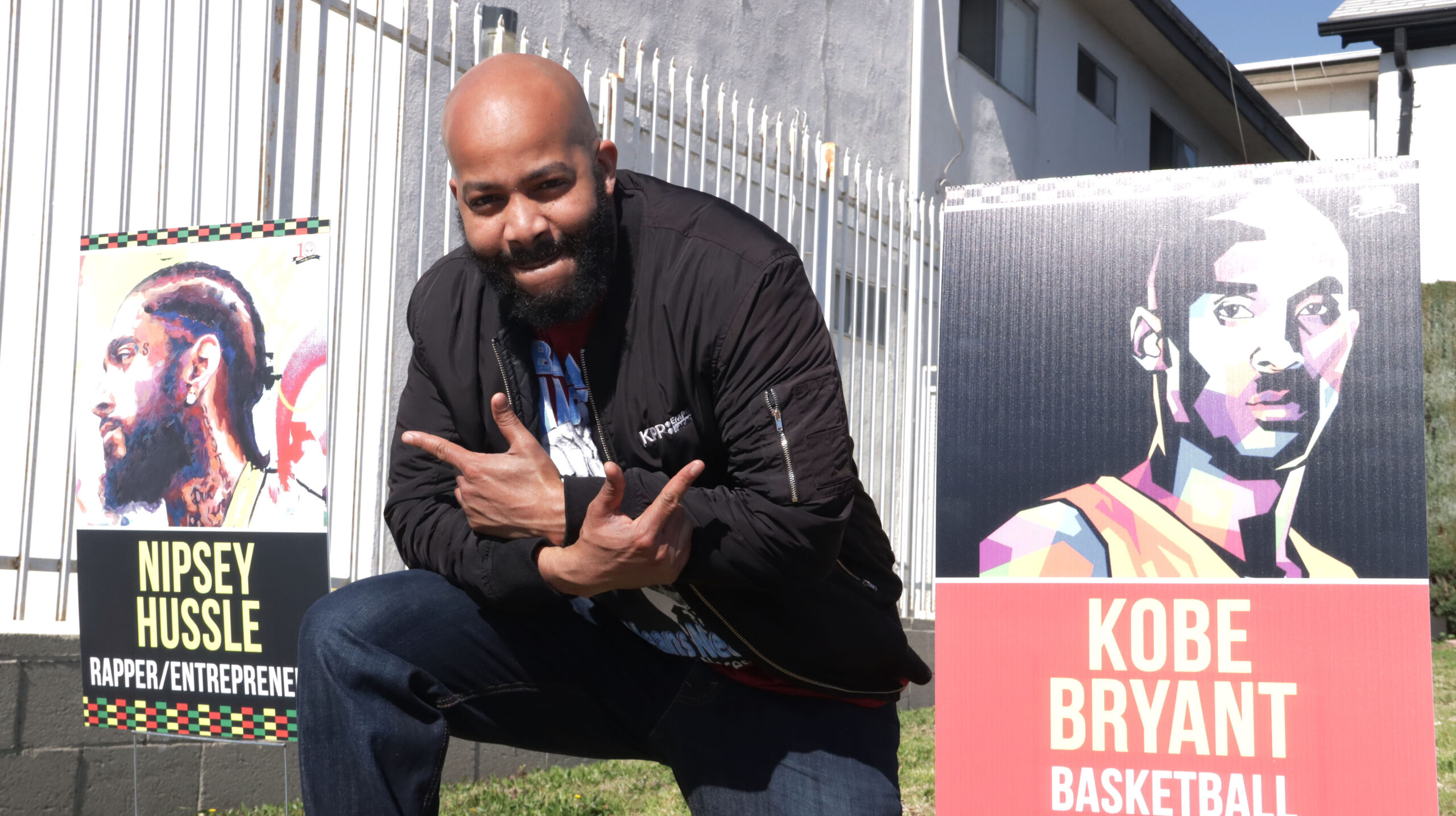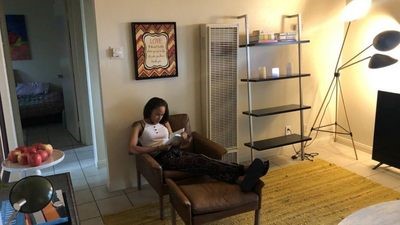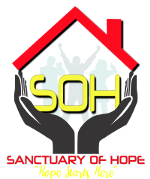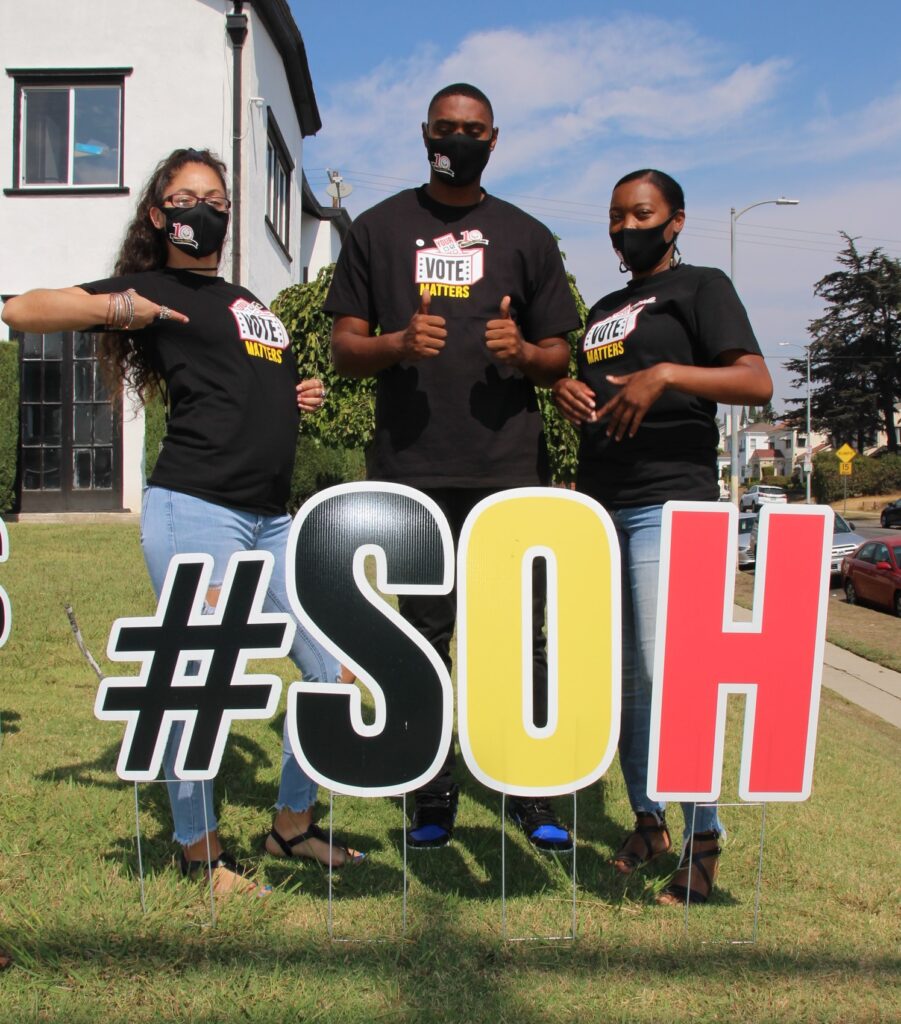
At its core, our work with young people advances racial justice, not just because the majority of young people we serve are people of color (especially Black youth, but increasingly Latinx and immigrant youth). We also approach our work with the premise that these young people are not “troubled” or “broken” and needing to be fixed, but rather, they have a lot of talents and assets, with which they can be the architects of solutions in their own lives. What keeps these young people from self-sufficiency and self-actualization is the structural racism and implicit bias in institutions and policies that purport to serve these young people, but actually count them out before they even have a chance to get started.

To be truly anti-racist, SOH recognizes that we not only need to equip young people with the skills and resources they need to navigate an unjust world, but we also need to challenge and transform inequitable practices in our systems through leadership development and tireless advocacy. This is necessary work to achieve our vision of a society where diverse young people have the respect and equal opportunities to thrive and be their best selves.
Our vision of racial equity leads us to embrace the following values that centers the experience of the young people we work with:
- Young people will feel included and safe to bring their whole selves to SOH.
- At SOH, we strive to create an inclusive space that feels like a permanent home to them, no matter how long they stay with us. Youth have agency to shape this space in an affirmative way to counter the feelings of alienation and rejection they may have experienced from public institutions, other agencies, and sometimes even their own families. Safety and inclusion means hiring staff from the community who share similar backgrounds with these young people (including former program participants) and who can model vulnerability by sharing their personal stories with these young people. Staff should also have the cultural humility and openness to learn from young people and where they are coming from, when they don’t share the same backgrounds.
- Young people will find a place of healing at SOH from their trauma.
- Healing is an integral part of advancing racial equity. SOH provides mental wellness services for both individuals (such as counseling and art therapy) and groups (such as discussion about community trauma). In a society where the cultural and other identities of these young people are often discouraged, healing also means cultural affirmation that helps them see their cultural and other marginalized identities are actually sources of strength and pride.
- Young people will see the power of their collective voice and use it to improve not only their own lives, but also those of others.
- SOH provides direct services around housing, education and mental health to stabilize their current living conditions, But to truly improve the chances of their future success, we need to eliminate the policies and practices in our public systems that continue to put our young people at a disadvantage. Young people need to be at the forefront of policy advocacy and system change. We see them as our future community leaders and invest in their social emotional development and leadership development. This means providing different ways for them to exercise their voice and leadership, based on their unique talents.
Finally, SOH understands that racial equity is a long journey. We are committed to a culture of continuous learning that values humility, openness, vulnerability and reflection.

